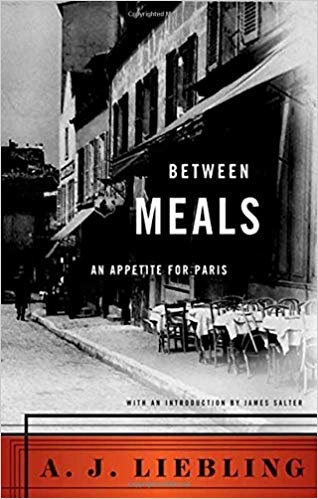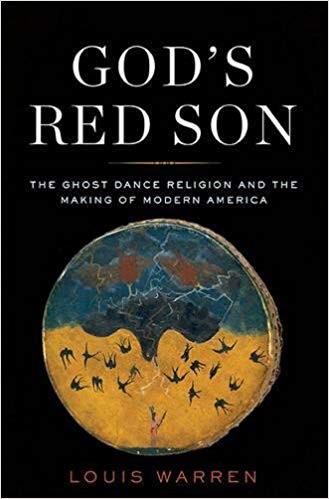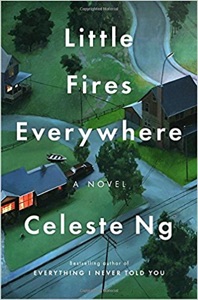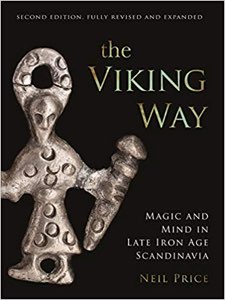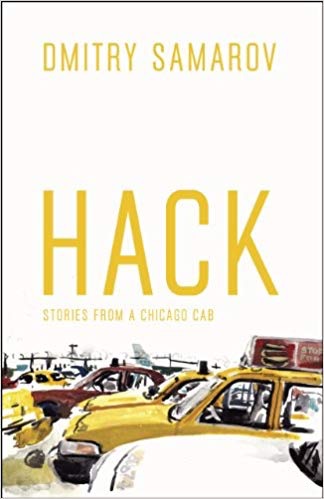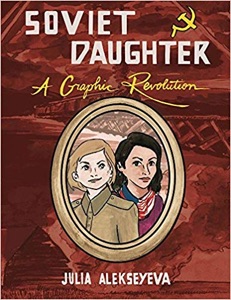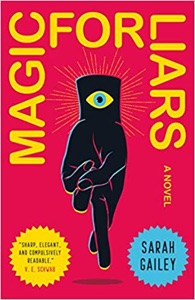I’ve been working on some ideas about computation and character recently, and that’s led me to consider the role of stock characters in literary machines.
Why do we see the same characters all the time? Part, of course, is laziness. Part, I suspect, is that people who are willing to study games and other literary machines, or who choose to work in its dysfunctional industry, simply love those old familiar characters. Part, too, is that two of the most risk-averse people out there are
- a pre-teen boy risking his savings on a game, and
- a marketing executive whose future depends on convincing that boy to spend money now now now.
The upshot is that we see lots of warriors with a tragic backstory, lots of noble elves, lots of funny dwarfs, lots of tanks. We instantly recognize the characters wherever we meet them:
She was a Tree Elf named Riyah. He was a Water Elf, Tildor. They came from different realms, but for the past three nights they’d qwested, traded and killed together. They had hunted basilisks, slain dragons, and retrieved two diamonds, which Riyah carried in the bag hanging at her waist. She was an amazing marksman, and beautiful, even for an Elf, her eyes huge, her body supple. Her breasts swayed as she ran, her quiver bouncing behind her. — Allegra Goodman, The Chalk Artist
You know this is a game, and you know what sort of game it is, and you know its designers played too much Final Fantasy IV and Tomb Raider and have spent way too much time with obscure Japanese media.
But there’s more, too. Back when I started going to the American Repertory, its founding artistic director Robert Brustein was making an extended and important argument in support of theater as spectacle, in contrast to the Arthur Miller school of theater as a window into the neighbors’ living room. Part of that argument was the virtue of commedia dell'arte and its stock cast: because they are exaggerated and familiar, we have time to get to the point before everyone has to go home. And, because people miss stuff and sometimes misunderstand, characters need to be able to stand up to some degree of abuse.
This is even truer where the character is a joint creation of the author and the player.
Still, what is going on in Borderlands? It’s a AAA shooter franchise. I’ve always enjoyed it. There’s a new installment out now.
But what’s it about? Borderlands inhabits a reimagined American South — not the dreamland that has Gone With The Wind but the post-industrial wreckage left behind. (There’s no border in Borderlands: it has no Mexico and no Indian Territory.) Its people speak broad Kentucky with occasional mixtures of Arkansas; its major villains emulate “coastal” fashions like soul patches while its cannon-fodder look and speak just like the good guys. Everyone has a gun, just like in Texas. The women are either spectacularly sexy or spectacularly otherwise. There’s a good deal of talk about incest.
Is this an angry world? I’m not sure. It’s a lot of fun, but I do not understand what’s driving this.
